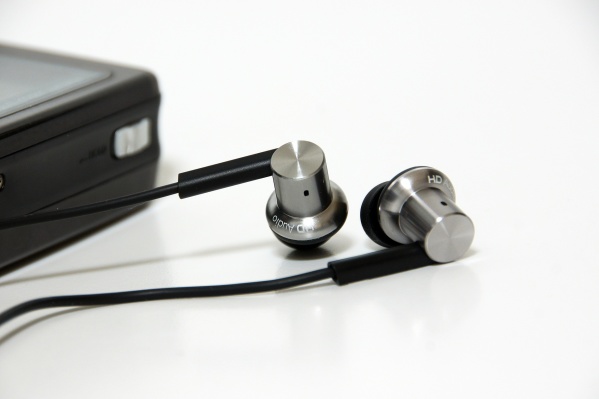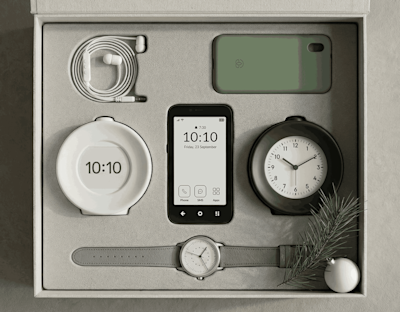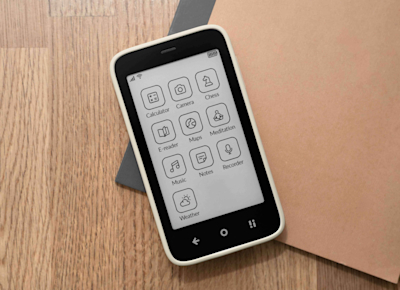
The Healing Power of Music
How music can help us to live healthier and happier lives.
Music has been around for thousands of years, and in that time, it's proven to be a powerful tool for healing our minds and bodies. A growing body of scientific literature shows that listening to music can lower stress levels, raise immunity, reduce the effects of disease and illness, and even relieve feelings of loneliness or depression. Let's explore how music affects us at a fundamental level—and why it's so effective at healing our bodies and minds.[1][2]
Music is more powerful than you think!
Music is a universal language that can be understood by people of all ages and cultures. It brings people together and helps them to connect with one another, making it an important part of our lives. Music can have a positive effect on your physical health, your emotional well-being, and your mental powers as well.
There are the benefits of listening to music including: lowering stress levels, boosting immunity against disease or illness, reducing pain during surgery, helping us heal faster from injury or illness (e.g. surgery), improving our sleep patterns, thus improving our quality of sleep. [3]
Music can help us to live healthier and happier lives.
Have you ever felt happier after listening to music? It's no secret that listening to a favorite song often helps boost our mood and improve overall happiness.
This happens because music has the ability to reduce stress by slowing down the heart rate and lowering blood pressure levels—which means less stress on your body overall.[4][5]
Because of its stress-reducing properties music can help us fall asleep faster and sleep better. When you listen to soothing music before bedtime, it helps you relax and release muscle tension that may have built up during the day. As a result, you get a better night's rest. Playing soothing music also helps your brain relax and prepare for sleep by reducing mental activity.[6]
Music is an effective tool for unwinding, relaxing and calming down. It stimulates our brains in a way that helps us to feel happy, relaxed and calm. It even plays a role boosting the production of endorphins, the brain’s feel-good chemical.
Music can help us recover from disease and illness faster.
Music can help you to deal with pain and illness, whether it's physical or emotional.
While you may not be able to control the pain that you're feeling, you can make it easier by simply listening to music. Research has shown that music has a powerful role in reducing pain and stress associated with illness. Music has also been shown to help improve the quality of life for patients who are receiving cancer treatment, especially during [7]
Listening to music can be just as good as taking pain medication.
Several studies have shown that music can reduce levels of pain. Pain relief may be triggered by the release of endorphins or changes in catecholamine levels, however, perhaps, most importantly, patients are distracted from their physical discomfort when they listen to music.[8]
A study published in the European Heart Journal showed that listening to music helps reduce pain, stress, anxiety and depression. The research found that after listening to music, participants reported feeling less stressed and anxious than before they listened.[9]
Another study from 2015 looked at how music affects people with heart disease or chronic obstructive pulmonary disease (COPD). It found that patients who listened to a playlist containing classical music had lower blood pressure readings than those who did not listen at all or listened only via headphones instead of speakers in their room.[10]
It's believed that music may help us feel better because there’s something about its rhythm or melody that mimics our own heartbeat or breathing—something we tend not even realize is present when we're relaxed but which becomes very noticeable when our minds are racing with anxiety or fear.[11]
Music can relieve feelings of loneliness and depression.
In a study of older adults with depression, those who listened to music saw their depressive symptoms decrease more than those who did not.[12]
Another study found that music therapy improved the moods of people with dementia by reducing agitation, anger and fear. [13][14]
It is known that social isolation is associated with higher rates of death in older adults; therefore, if you are feeling lonely or depressed, it may be worth listening to some uplifting songs or talking to friends or family members who can lift your spirits.
Listening to music together is an effective way to build bonds between people and increase cooperation among individuals.
Music is an effective way to build bonds between people. In particular, listening to music together can help you bond with other people and increase cooperation among individuals. When you are sharing the experience of a song with someone else, you are building trust and creating an intimate bond between the two of you. This feeling of closeness will make it easier for both of you to work together on tasks that require trust and cooperation. It also helps create a common identity for those involved in your group or organization, which can make everyone feel more connected as part of something bigger than themselves.
Music can also help to create a sense of community among your listeners. The lyrics and messages in songs can be powerful tools for making people feel connected to one another, even if they are from different cultures or backgrounds.
The human brain is hardwired to respond to music
Music has a powerful effect on the brain. It can affect our emotions, mood and behavior. Music can help us to live healthier and happier lives by improving our memory, increasing concentration and reducing stress levels. The human brain is hardwired to respond to music; even animals respond favorably to certain types of music!
Whether you’re a music lover or not—it may be worth giving it another thought. The science is clear: music can change the way we think, feel, and interact with the world around us. So, next time you feel yourself getting stressed out at work or feeling lonely on a Friday night, try listening to some relaxing music.
If you’d like to read more about topics connected to this subject, please check out some of our other articles:
You might also consider joining our FORUM Community where we discuss ideas and exchange information about all things connected to wellness and digital well-being.
Related stories

Introducing 8 Days of Mindful Gifting
Mudita presents 8 Days of Mindful Gifting. One new promotion each day, Dec 5–12 at 12:00 CET. Visit daily for meaningful, intentional gift ideas.

The Mudita Radiant Story: Kickstarter Finished & Pre-Orders Begin
Mudita Radiant’s Kickstarter campaign has ended with great success. Pre-orders are now open on our website. Discover our mindful Swiss automatic field watch.

How Mudita Kompakt Apps Support a Mindful and Intentional Life
Mudita Kompakt offers mindful E ink apps designed for intentional living with offline navigation, eReader, meditation, music, and mor, without distractions.
If you'd like to receive the best stories from our blog, keep up to date with our progress and get notified about our product releases and special discounts.